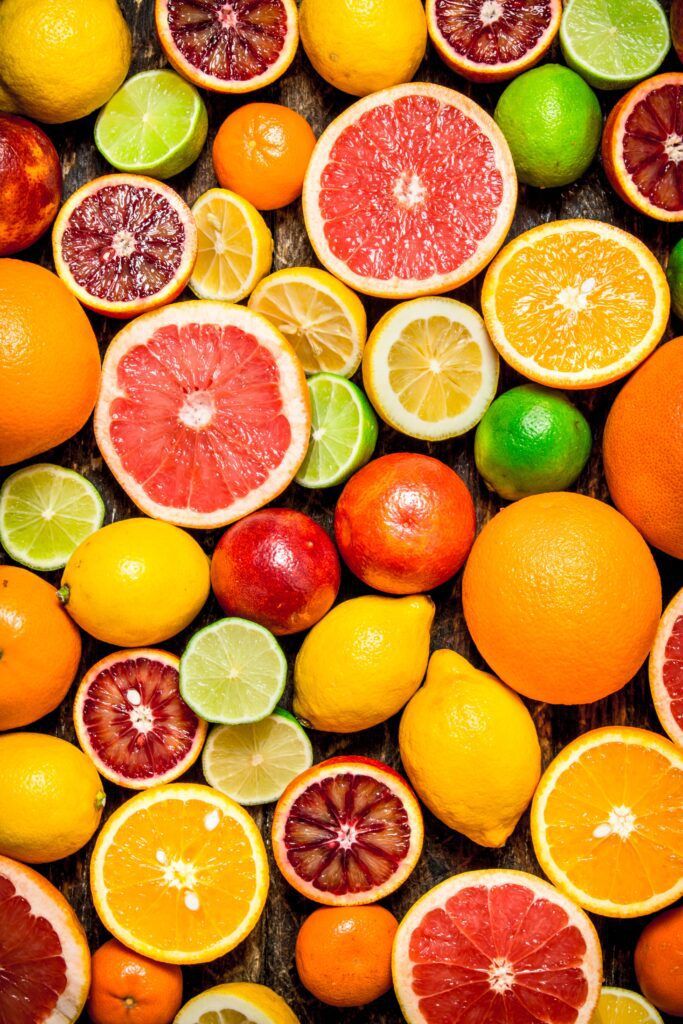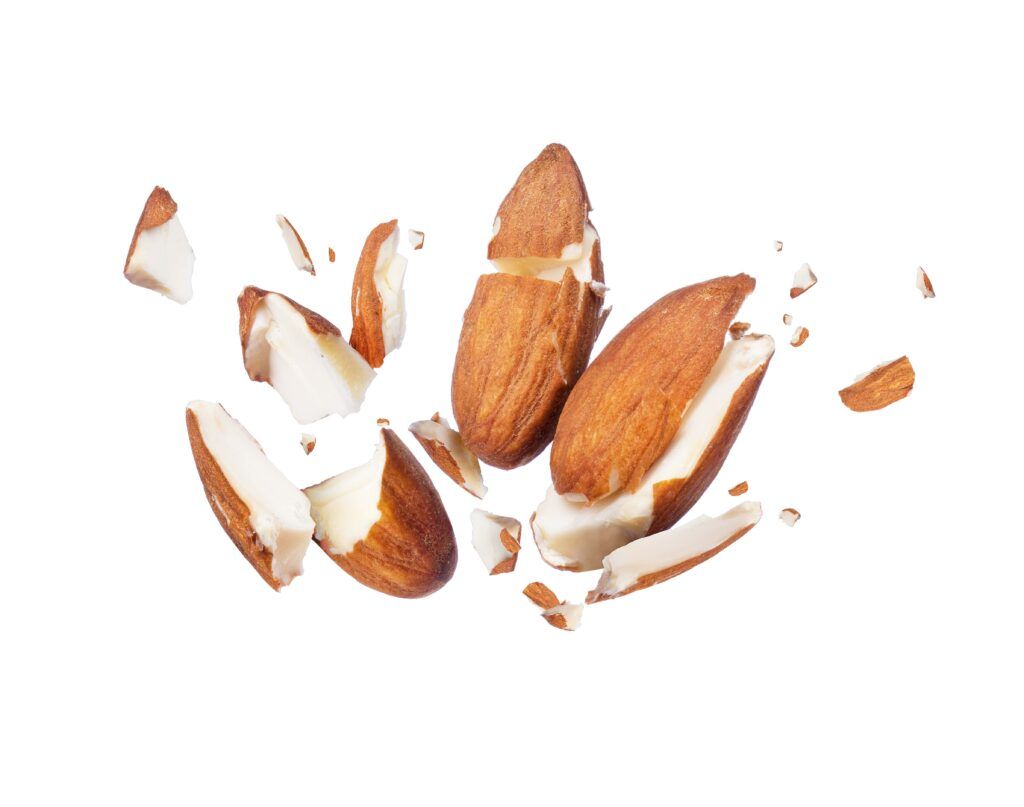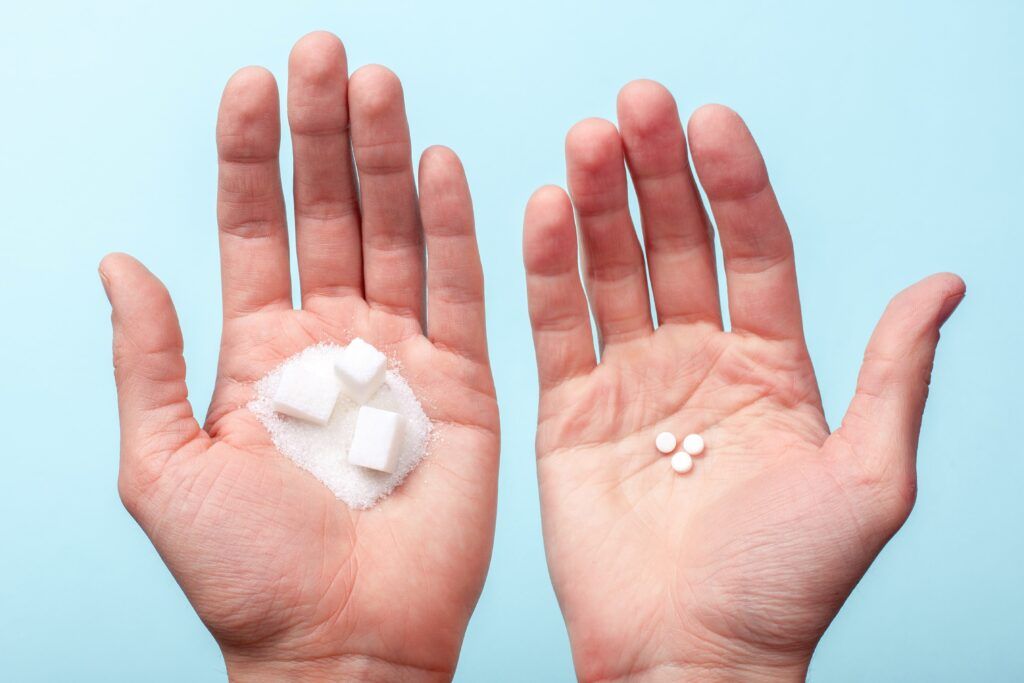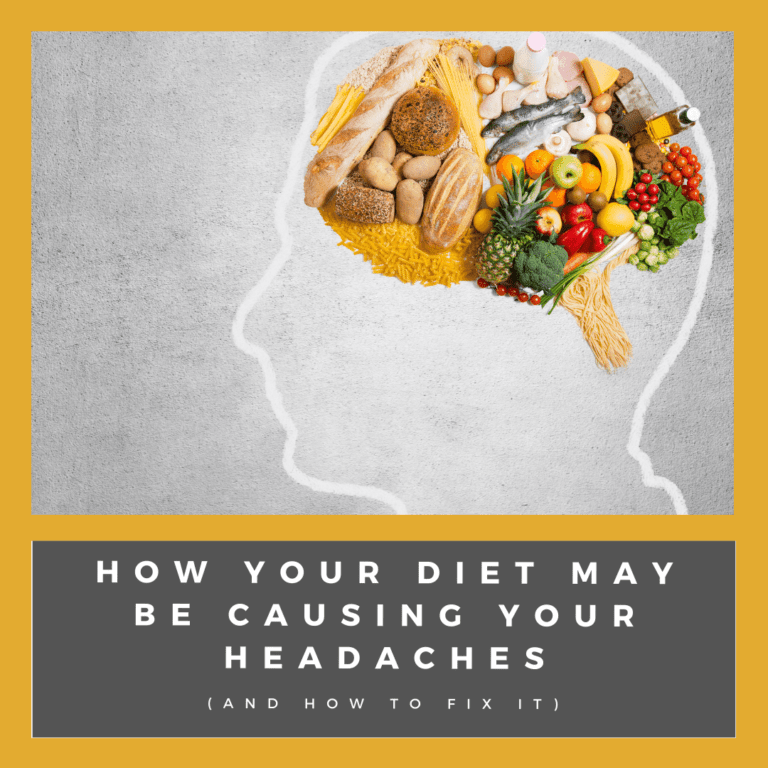Do you experience headaches? You’re not alone. Many people struggle with headache pain on a regular basis, and it’s been estimated that over 30 million Americans have chronic headache disorders. Interestingly, the Centers for Disease Control and Prevention notes that there are many potential causes of headache pain – but diet is one factor many people don’t think about! In this post we’ll discuss how your diet might be causing your headache pain.
For starters, there are two types of headaches: primary headache disorders and secondary headache problems. Primary headache disorders are caused by genetics, vascular issues (like high blood pressure), or structural abnormalities of the brain or neck muscles.
Secondary headache problems occur when the pain is coming from another source – like your diet!
Foods that cause headache can be broken into several categories, but headache pain is usually caused by:
Spicy Foods

Spicy foods, such as chili peppers, have been associated with causing headaches. It is believed that eating extremely spicy foods can cause the blood vessels in the brain to constrict. When blood flow to the brain is decreased, this can increase the risk of developing thunderclap headaches. Thunderclap headaches are sudden and severe headaches.
Citrus fruits and juices (including tomatoes)
Foods that contain high amounts of citric acid, like oranges and other citrus fruits, have been associated with headache pain. Citrus juices are also known to cause headaches in some people. The reason for this is not entirely clear – it could be the result of histamine release or vasodilation (widening blood vessels).
Meat
Certain types of cured meats contain preservatives known as nitrates. Although nitrates work well to preserve the color and flavor of meat, they also release nitrous oxide into the bloodstream. Since nitrous oxide opens up blood vessels, it increases the amount of blood flow to the brain, which can cause headaches. Meats associated with causing headaches include: deli meat, hotdogs, ham, and sausage.
Seafood
Fish, shellfish, and mollusks are the primary types of seafood that have been associated with headache pain.
Chocolate It is not entirely clear why chocolate causes headaches – but some believe it may be due to caffeine or oxidative stress (when free radicals in cells damage tissues). Other possible headache triggers linked to chocolate include: milk, cocoa butter, and sugar.
Alcoholic Drinks
Despite the fact that alcoholic drinks are liquids, they actually dehydrate the body. Since dehydration is a common cause of headaches, alcohol consumption can increase the risk of developing a headache. This is also why people tend to feel “hungover” after a night of drinking. Certain types of alcohol, such as wine, also contain chemicals (sulfites) that can increase the risk of headaches.

Nuts
Many types of nuts contain high levels of sodium. While most people think salt makes food taste good, too much salt can actually cause headaches by increasing blood pressure and constricting the brain’s blood vessels. Nuts associated with headache pain include: peanuts, cashews, pistachios, walnuts, pecans, and macadamia nuts.
Caffeine
Chocolate and caffeine have been found to both cause and alleviate headaches. Chocolate actually contains caffeine, however caffeine is also found in coffee, tea, and sodas. In most cases, headaches from caffeine are caused by too much caffeine and/or caffeine withdrawal. In the case that your headache is caused by a caffeine withdrawal, caffeine can actually be used to alleviate a headache.
Chocolate
Chocolate is a headache pain trigger for many people. There are two types of headache pain caused by chocolate: caffeine withdrawal headache and histamine headache.
Caffeine Withdrawal Headache When you stop consuming caffeine after a long period, your body becomes dependent upon it to function normally (or in this case, not feel any headache symptoms). This is what causes headaches in people who stop consuming caffeine after drinking coffee every day.
Histamine headache Chocolate contains histamines, which can cause headache pain in some people. This is especially true for migraine sufferers. Histamines are also found in red wine and aged cheeses (such as brie). Since chocolate has both caffeine and histamines that can trigger headache pain, headache sufferers should always avoid chocolate.
Aged Cheeses
Aged cheeses are also headache triggers for some people. Histamines found in cheese (especially brie, camembert, and parmesan) can trigger headache pain by causing vasodilation – widening of the blood vessels. This results in more blood flow to the brain which can cause headache symptoms.
Foods with additives like MSG
MSG stands for monosodium glutamate, which is an additive found in certain foods. Although it is generally considered as being safe, it has been associated with causing headaches. However, MSG is not the only preservative found to cause headaches. Other preservatives have also been associated with causing headaches.

Artificial Sweeteners–Aspartame
Artificial sweeteners are sugar substitutes that are commonly found in processed foods and certain beverages. Aspartame is one common artificial sweetener that is added to a variety of foods and beverages. They can cause headache symptoms by triggering vasodilation.
A headache specialist, also known as a neurologist, can help you determine what is causing your headache pain and recommend headache treatments that will work for you. If it turns out the cause of your headache is related to diet or an allergy to certain foods, they may be able to provide headache treatment with natural supplements like magnesium citrate. If you’re struggling with headache pain, schedule an appointment to meet one of our headache specialists at Premier Neurology today!

Dr. Kashouty, a diplomate of the American Board of Psychiatry and Neurology (ABPN), practices general neurology with fellowship trained specialization in clinical neurophysiology. Dr. Kashouty finds the form and function of the nerves and muscles the most interesting part of neurology, which is what led him to specialize in neurophysiology with more emphasis on neuromuscular conditions. He treats all neurological diseases, but his main focus is to treat and manage headaches, movement disorders and neuromuscular diseases.




